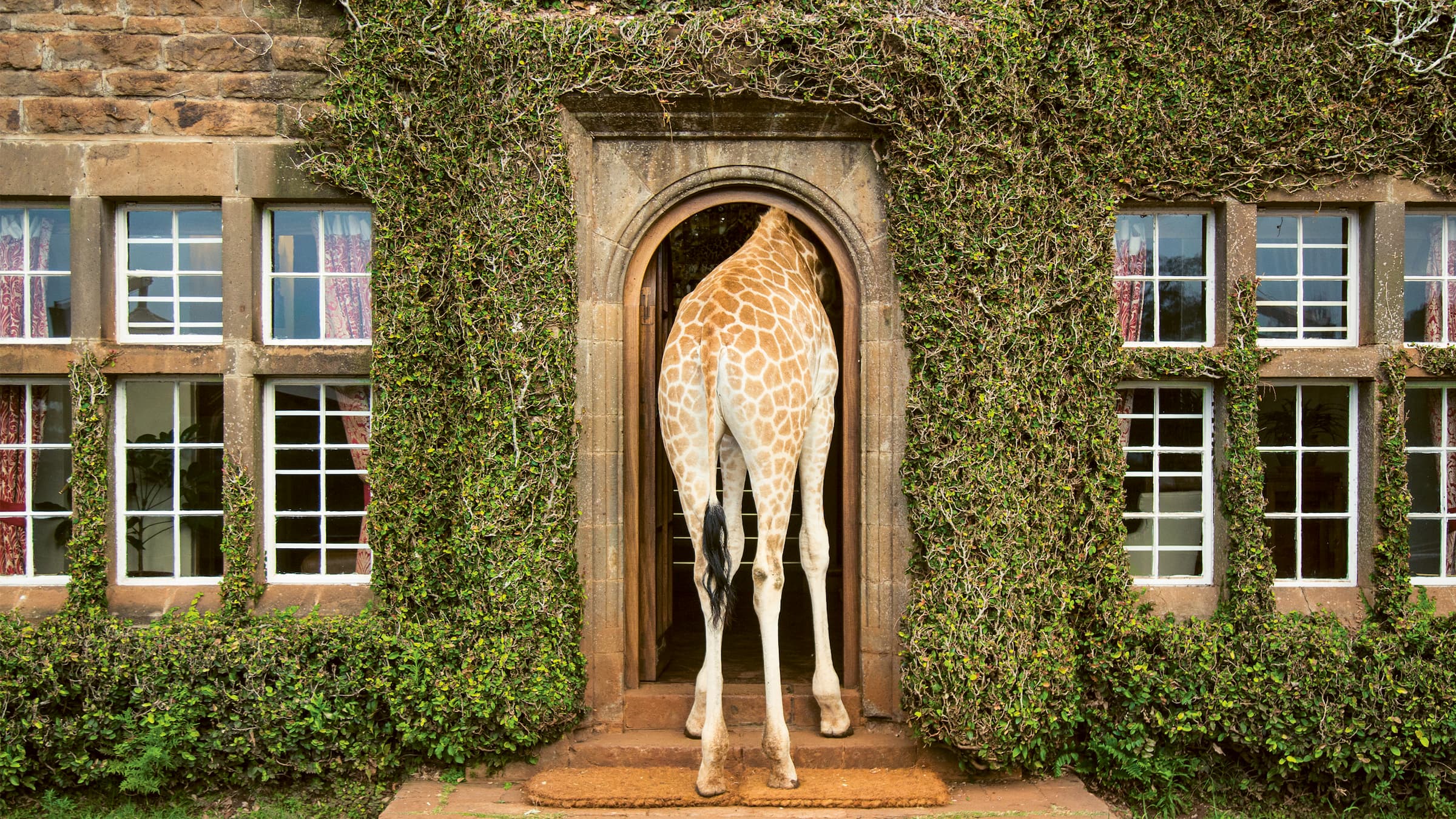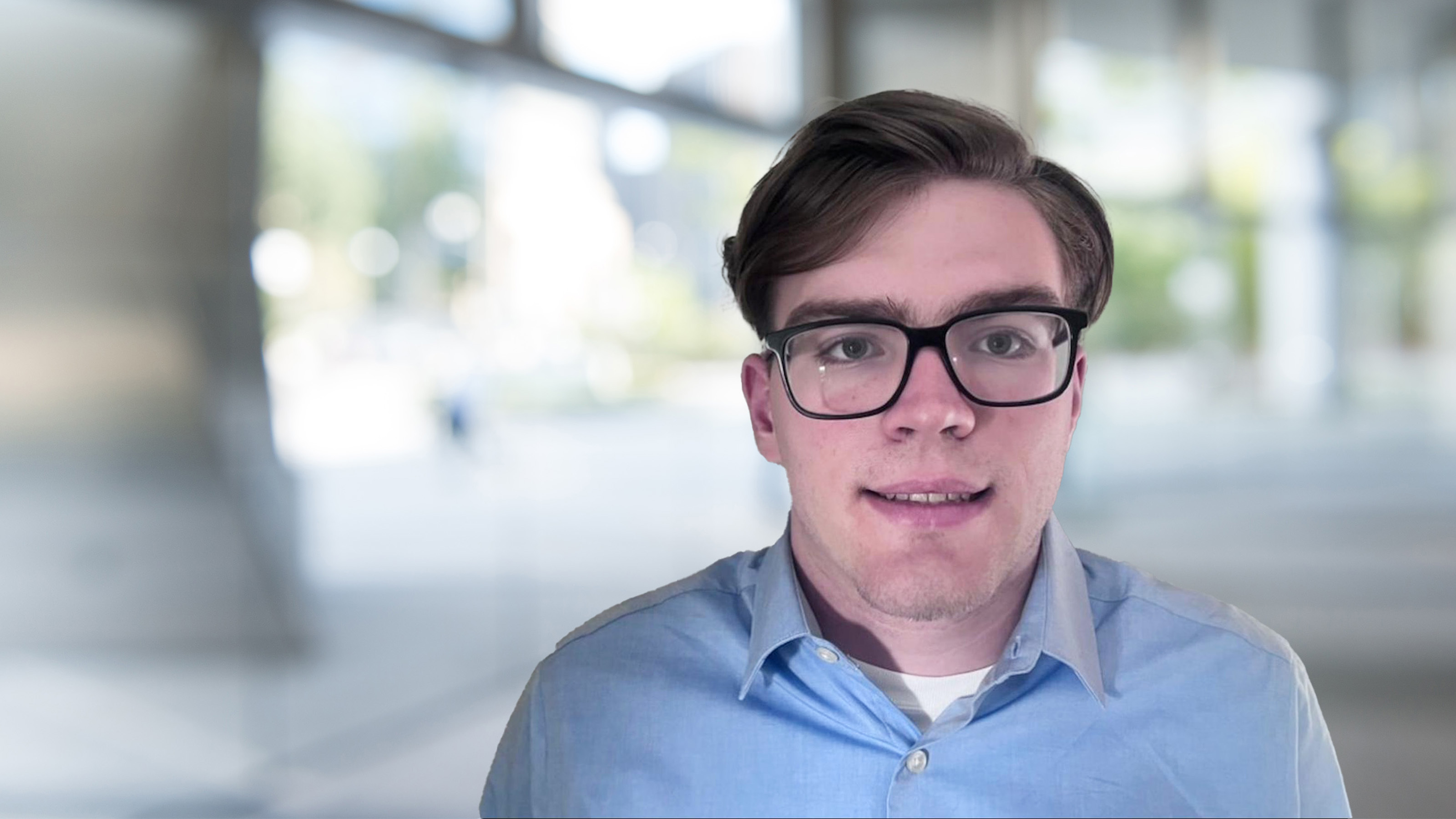What’s Next for the NAB
New National Alumni Board President Frank Sharp '67 and Vice President Alessandra Corso '09 discuss their time on Hawk Hill and their plans and goals for the coming year.

After assuming their roles as President and Vice President, respectively, in early June, Frank Sharp '67 and Alessandra Corso '09 “sat down” with the St. Joe’s advancement team to discuss their backgrounds, their time on Hawk Hill, and their plans and goals while heading up the University’s National Alumni Board.
The NAB is the governing body of the SJU Alumni Association. Serving the University’s alumni population of over 73,000 members, the NAB seeks to expand alumni programming, enhance member engagement, and further the integration of philanthropy into the alumni relations enterprise. In addition to the election of Sharp and Corso, the NAB also recently appointed four new members, who started their two-year terms on June 1. The new members are: Lindsey Votto '12, co-chair, Greater Philadelphia chapter; Rick Marsh '84, chair, Baltimore Chapter; Nick Chingas '16, co-chair, New York City chapter, and Rachel Sellers '14, co-chair, young alumni chapter.
Sharp and Corso were interviewed separately; edited excerpts from those conversations are included below.
Could you briefly describe your background (e.g., graduation year, major, employer/occ., etc.)?
Frank Sharp '67: I’ll summarize here – class of 1967, bachelor’s in economics. I went on to do an MBA at Wharton, and from there I embarked on a 30-plus year career in the human resources world. I worked for large companies like Exxon, and my family and I had the opportunity to live in Latin America, Hong Kong, and we did 15 years in Europe on the outskirts of Zurich, Switzerland. In 2006, my wife, Nancy, and I were drawn to Alexandria, Va., by the birth of our triplet grandsons, who already had a big brother at that point, too.
Alessandra Corso '09: I graduated in 2009 with a degree in finance, and I’ve been in commercial real estate ever since. Most of my work has been in either Center City Philadelphia or Manhattan.
What are some highlights/memorable experiences from your time at Saint Joseph’s?
Sharp: The most formative experiences that I remember were through my involvement with student government. I was a class officer for the first three years, and I wound up as vice-president of the student government during my senior year. The organizing and the politicking, getting things done by working with others, especially in my later years at St. Joe’s, that really pointed me in the direction of HR as something I wanted to pursue as a career.
Corso: I was really involved as an undergrad. I was in Sigma Sigma Sigma sorority, and I also founded the real estate society on campus. There were various student organizations in the Haub School doing great work, so I was involved with them, as well. Mandeville was basically a home away from home for me. For fun, I loved going to basketball games.
How did SJU shape your life and/or career path?
Sharp: Well, in student government, we had to address three distinct stakeholders: the students who elected us, the professors who taught us, and the administrators who set policy. I didn't realize it at the time, but at St. Joe's I learned a lot about building consensus in a complex organization to resolve issues and get things done.
Corso: For me, every important aspect of my life, whether that be my career, the relationships in my life, they’re all centered around a Hawk in some way. The two people who really shaped my career were Kathie Carr '77 and [Haub School of Business Dean] Joseph DiAngelo '70. Their guidance, their mentorship, and most importantly, their friendship, that’s largely why I’m still involved in St. Joe’s to this day, because I felt a sense of community while a student there. Graduating in 2009 [just after the Great Recession] with this idea to go into commercial real estate, it was sort of a contradiction at the time. Still, though, both Kathie and Dr. DiAngelo advised me to keep going – I don’t think I would be where I am today without that guidance and leadership.
In what ways has SJU changed since you attended?
Sharp: One of the most striking changes looking back 53 years ago to the class of 1967 – there were no women on campus. That first happened in 1970, so back then [in the 1960s] the social aspect of campus had a lot to do with having relationships with some of the womens’ schools like Immaculata, Rosemont, and Holy Family, which is actually where I met my wife.
Another big change is the number of Jesuits teaching the classes. Back when I was on campus, you’d probably have one or two Jesuits each semester. Now you might get one or two over the course of your four years on Hawk Hill. And of course, the expansion in the number of students, the amount of programs offered, and the physical campus itself, those are night and day. To go from a small, mostly pre-law, pre-medicine college with nothing west of City Avenue to an 82- or 83-building, academically diverse university with three times as many students on campus. In 50 years, that’s really remarkable.
Corso: In the last 10 years, we’ve seen so many transformations at St. Joe’s, but the growth of the physical campus itself is really incredible. Going back and experiencing Hagan Arena and [the former Episcopal campus, now the Maguire campus] is very cool since those were really just starting when I was an undergrad. It’s such a great campus, and there was always a lot of pride around being on Hawk Hill, so to see it just become that much better, it makes me really proud and happy for our community.
What inspired you to get involved with the NAB?
Sharp: Back in 2006 when we moved to DC, I had a chance to reconnect with St. Joe’s physically in a way I hadn’t been able to do in decades of moving around the world. I started showing up to some events; one thing led to another, and I was invited to join the NAB. From there, I spent the next 15 or so years working on various initiatives for both Hawk alumni as well as prospective Hawks outside the Philadelphia area. For me, running for president was the logical next step in how I wanted to continue my engagement with SJU.
Corso: I remember receiving so much support when I was a student on Hawk Hill. Again, I go back to Kathie Carr and Dr. DiAngelo who, for no reason other than that they cared, went out of their way to help me prepare for life after graduation by doing things like setting up informational interviews and making introductions. I knew that I wanted to give back to others on Hawk Hill, so I didn’t really think twice about getting involved with the Alumni Association after graduation.
What is the most fulfilling aspect of your engagement with the Alumni Association?
Sharp: The engagement and interaction with others is kind of a happy consequence of the work, but for me the real satisfaction comes from bringing things to life, from creating things that weren’t there before. For example, creating regional scholarships to support current and future Hawks from certain areas, that’s a real accomplishment. When I think of the next two years, I’m also particularly excited to deepen St. Joe’s commitment to lifelong learning programming for alumni. Throughout the pandemic, we’ve seen the University do an incredible job of setting up the Unlimited Learning series. The diversity and the quality of the programming has blown me away, so I think there’s some real opportunity in that space
Corso: I’ve met so many incredible people through the Alumni Association. When you’re on campus, you of course know the people in your class and then students in classes, plus or minus two or three years. Through the NAB was when I fully appreciated St. Joe’s in its entirety, because I’m still getting to connect and interact with people I knew while on campus, but I’m also working with people who graduated in 1980, I’m bouncing ideas off of someone from the class of 2016. There’s just this great energy, this enthusiasm there regardless of when you graduated. That makes for great work and collaboration, but also great fun.
Is there any one large project/task in particular that you’re hoping to tackle during your term?
Sharp: There are two things I’d like to mention. First, we’ve got a big focus on young alumni and furthering engagement with that particular demographic. In fact, we’ve added a second co-chair in the last few weeks to focus specifically on young alumni engagement. Secondly, I’m really hoping we can move the number of ambassador cities from three to eight in these next two years. Ambassador cities, to clarify, are places where the St. Joe’s population isn’t enough for a full-blown alumni chapter, but where there are still enough Hawks to have a more formal alumni presence. Growing that program is a priority, for sure.
Corso: These last few months have really highlighted for me the fact that many opportunities exist in the virtual space. We’ve all been on so many Zoom calls for both work and non-work tasks, and from a programmatic standpoint, I think they’ve been going very well. They’re a great way for folks to get involved in a convenient way from wherever they may be. I think that even when we can gather safely in person, we’ll still aim to have a robust virtual presence to deepen alumni engagement.
With the COVID-19 pandemic ongoing, what is the best way alumni can support St. Joe’s and current students?
Sharp: The simple answer is to make a gift to St. Joe’s in some capacity. With the ongoing virus, there are two aspects of need that I see. First, lots of students’ lives are impacted by the pandemic, and they might be in family situations where their parents can’t support them [financially]. And then of course, the other thing is that, with economic uncertainty, we’ll probably see a downturn in people’s philanthropic bandwidth. So now more than ever, becoming a donor is hugely impactful. It really doesn’t matter the amount of the gift, it’s all impactful.
Corso: This is a scary time for everyone, but especially for students. There are just so many unknowns, and if you’re someone who is either in the job market or getting ready for it, I’m sure it’s an even worse feeling. As an alum, if you have time, reach out to career services and serve as a career mentor for current students through SJU Connects. If your company has an internship program or an upcoming job opening, be sure to share that information with the appropriate office at St. Joe’s.



